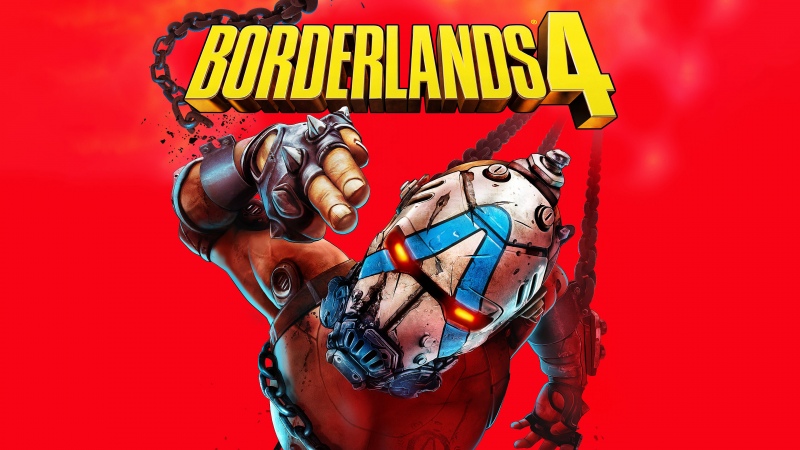Borderlands 4’s PC Performance Drama: Why Gamers Are Divided
Borderlands 4 may have launched to strong player numbers and mostly positive Steam reviews, but its PC performance has quickly become one of the hottest debates in gaming right now. At the heart of...
Borderlands 4 may have launched to strong player numbers and mostly positive Steam reviews, but its PC performance has quickly become one of the hottest debates in gaming right now. At the heart of the controversy: DLSS, frame generation, and whether Gearbox truly optimized its looter shooter for high-end rigs.
A Smooth Start – or Not So Much?
When Borderlands 4 dropped last week, excitement was high. But many PC players soon noticed something troubling: the game didn’t seem to run smoothly unless DLSS and frame generation were enabled, even on top-tier graphics cards.
Gearbox co-founder and CEO Randy Pitchford defended the game, describing it as “pretty damn optimal” and urging players to embrace the tools provided. He argued that some trade-offs are part of modern game development.
What DLSS and Frame Generation Really Do
For those out of the loop: DLSS (Deep Learning Super Sampling) and AMD’s FSR are real-time upscaling technologies. They boost performance by rendering frames at a lower resolution, then using AI to sharpen the image. Frame generation goes a step further by creating additional frames between the ones your GPU renders.
When DLSS first appeared about six years ago, critics said it made games look blurry. But the tech has since evolved. With DLSS 4.0, visuals are sharper, performance gains are bigger, and for many, the trade-off is worth it, provided your GPU is up to the task.
Still, critics worry that developers are now designing games around upscaling instead of fully optimizing them for native performance. What started as a way to help older cards keep up now feels, to some players, like a requirement even for the latest hardware.
Borderlands 4 at the Center of the Storm
After launch, PC players flooded forums with complaints about stuttering and inconsistent frame rates. Gearbox pushed out patches and even shared an Nvidia optimization guide, which helped some, but others with cutting-edge GPUs still struggled.
One player reported that even with an RTX 5080, running the game at 1080p with medium settings resulted in frequent drops below 60 FPS. The fix? Enabling DLSS and frame generation, which suddenly boosted performance to a stable 120 FPS with higher settings. The catch: some fans resent being forced into using upscaling just to get smooth gameplay in 2025.
Pitchford fueled the debate further when he posted on Twitter that DLSS is “great” and said, “The game was built to take advantage of it.” To many PC gamers, that sounded like confirmation that Borderlands 4 wasn’t properly optimized to run without it.
Tech Experts Weigh In
The discussion isn’t just happening among players. In a recent analysis, Digital Foundry wasn’t impressed either. One reviewer noted:
“[Borderlands 4] does seem to be running worse than usual for an Unreal Engine 5 game. It is below where it seems like it should be given how other games using this engine perform.”
That sentiment has added fuel to concerns that Gearbox leaned too heavily on DLSS as a crutch rather than ensuring the game runs natively at high frame rates.
What’s Next for PC Players?
Pitchford has promised more performance updates are on the way and has been personally engaging with players online, insisting the issue isn’t as widespread as some make it out to be. But the debate rages on:
- Should modern AAA games run smoothly on high-end PCs without DLSS or frame gen?
- Or is upscaling simply the new standard in game development?
For now, if you want Borderlands 4 to shine on PC, you’ll probably need to flip on DLSS. Whether that feels like innovation or a compromise depends on your stance in this growing debate.
Borderlands 4 is a blast to play, but it has sparked one of the year’s biggest PC gaming controversies. If your rig is struggling, DLSS may be your only ticket to smooth looting and shooting, whether you like it or not.










